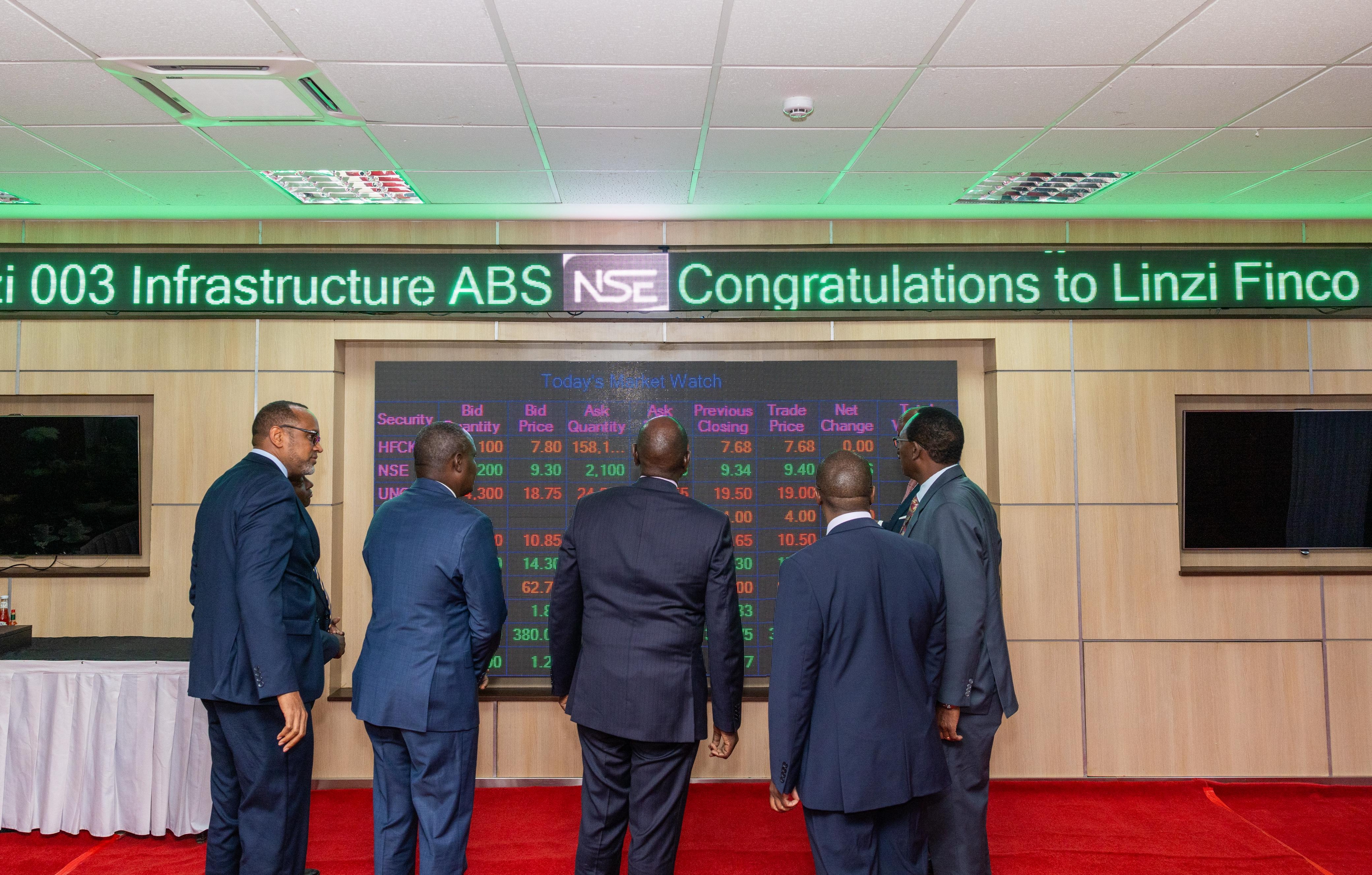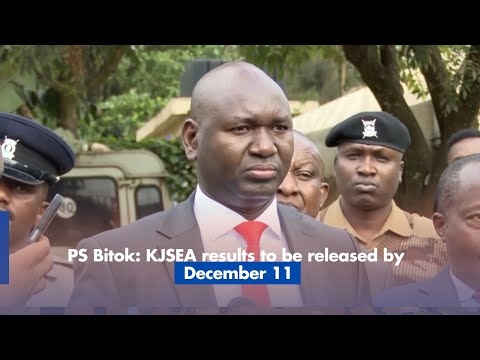Azimio leader Raila Odinga now wants the Ethics and Anti-Corruption Commission (EACC) to investigate the Government-to-Government oil deal.
The Azimio boss claimed that no action has been taken by the three bodies since he raised the G to G oil issue publicly.
Through his lawyer Paul Mwangi, Raila asked EACC, the Auditor General and the Energy and Petroleum Regulatory Authority to launch an investigation.
"Raila calls upon the three of you to rise to the mandate of your offices and discharge your constitutional and legal duties in enforcing accountability for this matter," the letter read.
"Your silence, in unison, may be an indication of your belief that the call to duty is mistaken, a possibility we have been instructed to correct by laying out to you the facts hereunder."
On March 10, the government signed three Master Framework Agreements for the importation of refined petroleum products for sale in Kenya and transits markets with Aramco Trading Fujairah FZE, Emirates National Oil Company (Singapore) Private Limited and Abu Dhabi National Oil Company Limited.
According to Raila, at the same time, the government also signed an Operations Agreement in relation to the importation of refined petroleum products with three oil marketing companies.
He said the first agreements were executed for the government by the Treasury CS and of the Ministry of Energy and Petroleum and witnessed by the Principal Secretary in the State Department for Petroleum.
The second agreement was executed for the government by Energy and Petroleum CS and witnessed by an unidentified Principal Secretary.
Raila claims that the oil deal is not a government-to-government agreement but a commercial contractual arrangement with private companies.
"At least one of these companies is not incorporated in the country which it is purported to represent as a sovereign entity. Indeed, none of them even purport to represent any of the governments claimed as popularly stated," the letter read.
"Not surprising therefore, we have not seen the phrase "Government to Government "used anywhere in the copies of the Master Framework agreements shown to us nor any reference to any understanding between the government and any sovereign government."
According to Raila, it is the Operational Agreement that started using the phrase "Government to Government" to undermine Kenya's laws on the procurement of goods and services.
Raila said that the sovereign agreements do not emanate from tenders saying it is contradicting and illogical, that the government would have tendered to procure a representative of a foreign sovereign government.
The ODM leader further said that the operational agreement subverts Kenya's laws on procurement.
"Although the Operational Agreement numerously uses the phrase "Government to Government Framework", this phrase is not used by the Master Framework Agreement on which the Operational Agreement is based," the letter read in a part.
"Further, a reading of the Operational Agreement makes it clear that the three nominated oil marketing companies are agents of the people of Kenya and not agents of the international suppliers."
He said it is contradictory and illogical, that a foreign supplier gets to nominate the buyer of its products and also nominates the agent for the people of Kenya under the Petroleum Act.
Raila said the Operational Agreement undermines the national interest and embarrasses the country.
"The arbitration clause "including its validity and scope, shall be governed by English laws" These are just some of the glaring issues that call upon you to commence thorough investigations into this saga."
"It is a very grave matter when private commercial arrangements are established to ouster processes set up by law, the way this system named and styled "G-to-G deal" has done to the Open Tender System OTS established by the Petroleum Act."
The government has since defended the move saying it opted for the Government-to-Government oil deal due to a threat by oil marketing companies not to import fuel.
Government Spokesman Isaac Mwaura on November 23, said the G-to-G oil deal was above board.
"The Government-to-Government oil purchase arrangement was arrived at following a threat of failure by Oil Marketing Companies to supply petroleum products due to their inability to access the products as a result of US dollar liquidity scarcity and coupled with outstanding subsidy arrears owed by the government to OMCs," he said.













